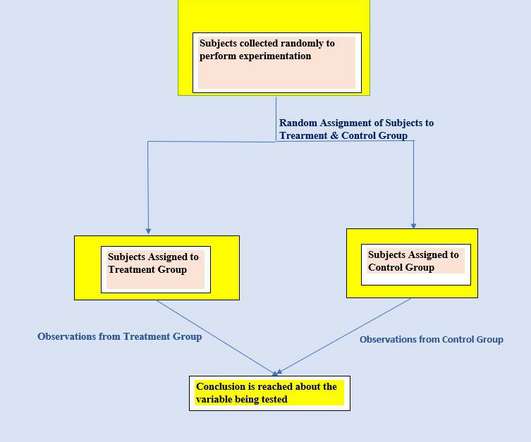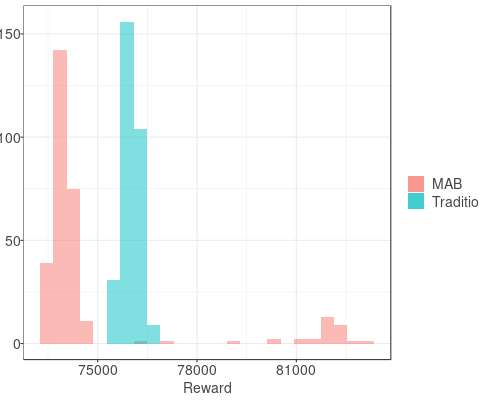Methods of Study Design – Experiments
Data Science 101
JANUARY 15, 2020
Researchers/ scientists perform experiments to validate their hypothesis/ statements or to test a new product. Suppose we want to test the effectiveness of a new drug against a particular disease. Reliability: It means measurements should have repeatable results. For eg: you measure the blood pressure of a person.














Let's personalize your content